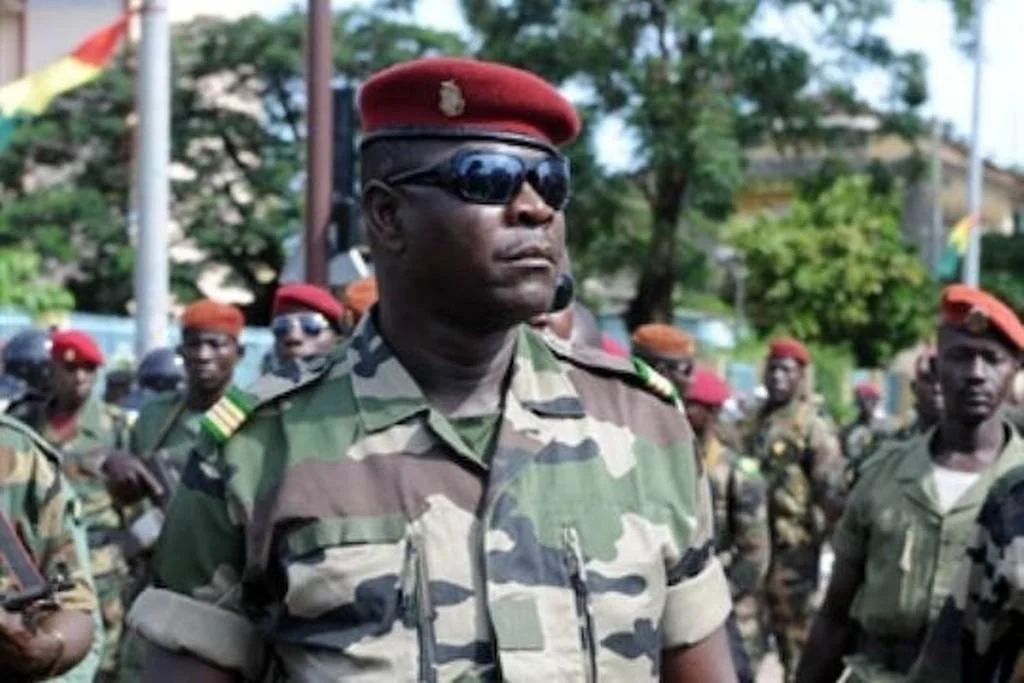Guinea’s most wanted fugitive, Claude Pivi, has been extradited from Liberia, marking a significant moment in the country’s efforts to pursue justice for crimes linked to the infamous 2009 stadium massacre in Conakry. Pivi, a former military officer, was a key figure in the atrocities that took place on September 28, 2009, when Guinean security forces opened fire on peaceful protesters. The violence resulted in the deaths of over 150 people, with countless others wounded or sexually assaulted.
Following his arrest in Liberia, Pivi was returned to Guinea, where his extradition has reignited public interest in holding those responsible for the massacre accountable. Images of him arriving in Conakry, frail and handcuffed, circulated widely, providing a stark contrast to his feared reputation as a powerful military figure. Pivi’s return has brought relief to the victims and their families, many of whom have long waited for justice. Some victims, like Fatoumata Diariou Camara, expressed satisfaction at the capture and hoped that Pivi would remain in prison for the rest of his life
Pivi’s extradition is part of broader judicial efforts in Guinea to prosecute those involved in the human rights abuses of 2009. Former military leader Moussa Dadis Camara, who was also implicated in the events, has been serving a 20-year sentence for his role in the massacre, highlighting the ongoing work to bring closure to this dark chapter of Guinean history.
The extradition of Pivi from Liberia underscores the regional cooperation between West African nations in addressing war crimes and human rights abuses, and signals that justice for the victims of the Conakry stadium massacre may finally be on the horizon.





















